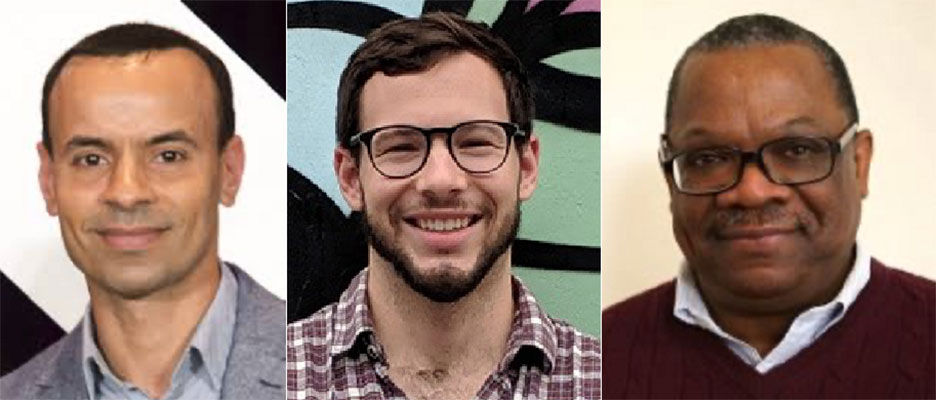Bencherif Lab Receives NSF I-Corps Teams Award

The Bencherif lab received a $50K NSF award for “Oxygen-controlling Cryogels for Cell Culture Applications” to participate in the national NSF Innovation Corps Teams program. The purpose of this grant is to move forward the translation of a technology developed in the Bencherif Lab to help researchers perform hypoxic and anaerobic cell culture conditions.
Current products that control oxygen concentration for cell culture are expensive, burdensome, not user-friendly and lock cells in bulky chambers. As a result, scientists and researchers have responded by continuing to culture their cells in excess oxygen which is not physiologically relevant. Their novel technology creates controlled oxygen conditions 6 times faster than current products, they are inexpensive to produce, easy-to-use and seamlessly integrate into scientists’ current cell culture practices, obviating the need for large chambers.
ChE Assistant Professor Sidi A. Bencherif serves as the Technical Lead and Principal Investigator on the project. Doctoral student Zach Rogers, Entrepreneurial Lead on the project formed a team with Industrial Mentor Dr. James Sherley, the founder of Asymmetrex, to conduct customer discovery interviews across the nation. Interviews will take place over a 7-week period, and will include academics, corporations and other stakeholders in the medical device industry. The goal of these activities is to explore the opportunities and challenges for the possible commercialization of the technology.
Related Story: Taking the Air out of Competition
Abstract Source: NSF
The broader impact/commercial potential of this I-Corps project is to explore the uses of a new platform useful for studying cell cultures with different oxygen levels. Oxygen, an important factor for cell life and development, is typically not controlled in conventional culture conditions, but for specific studies low oxygen levels must be maintained. For instance, low oxygen levels help researchers study diseases, human tissues and even biological processes. Other processes, such as disorders of the digestive system, some infectious diseases, and the human microbiome, are studied with no oxygen. Current technologies for performing these cell culture techniques are either inadequate, burdensome or too expensive for widespread use. The proposed technology is a compact and affordable oxygen-controlling platform for cell cultures.
This I-Corps project is based on the development of an oxygen-controlling cryogel cell culture platform. Cryogels are an advanced type of hydrogels with a unique set of physical properties, including an interconnected and microporous 3D network, shape memory features, and are syringe injectable. Low oxygen tension (i.e., hypoxia) is associated with some tissues and diseases, and anaerobic cell culture is essential for studying gastrointestinal disorders, infectious diseases and the human microbiome. The proposed technology is a compact and affordable oxygen-controlling cryogel platform that creates oxygen-controlled conditions directly within the cellular environment.
This award reflects NSF’s statutory mission and has been deemed worthy of support through evaluation using the Foundation’s intellectual merit and broader impacts review criteria.